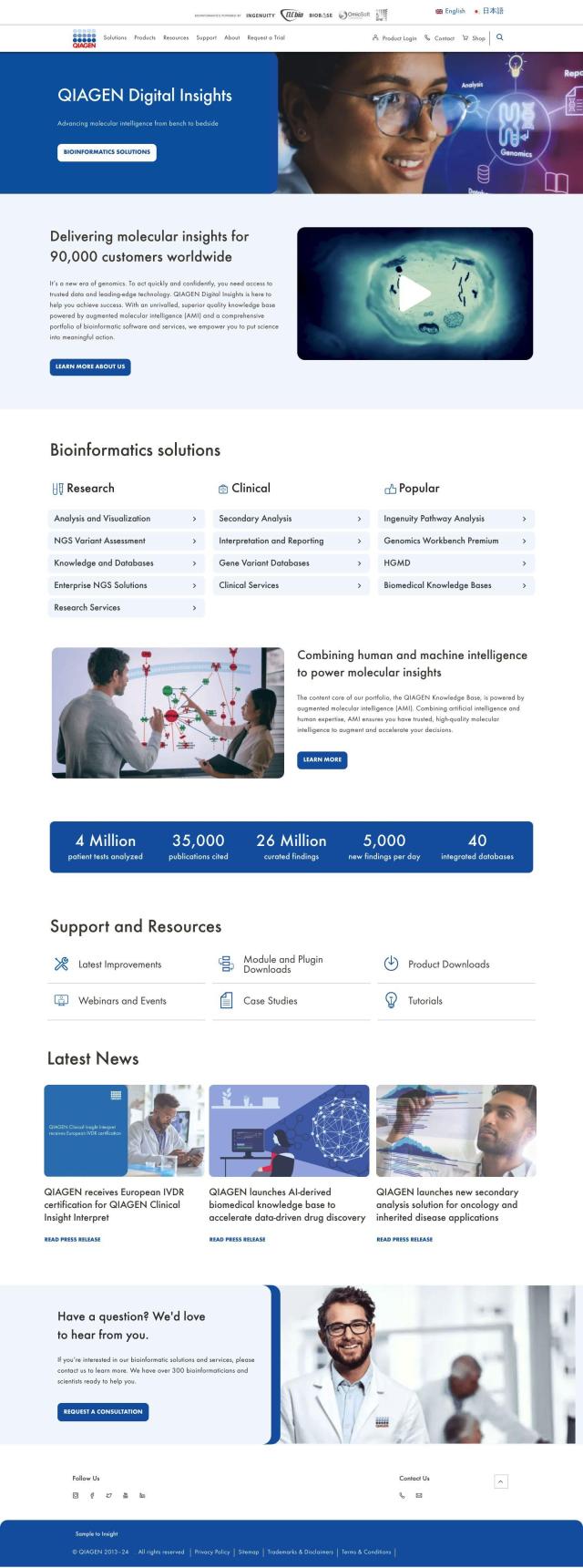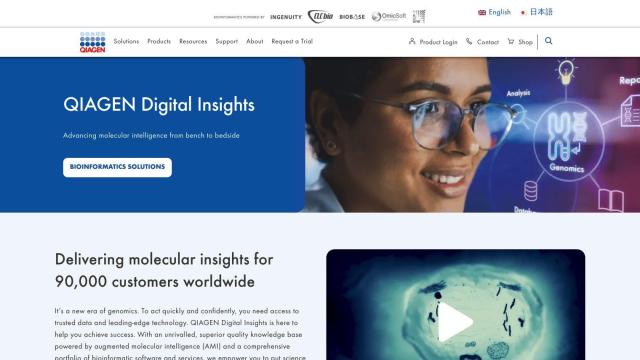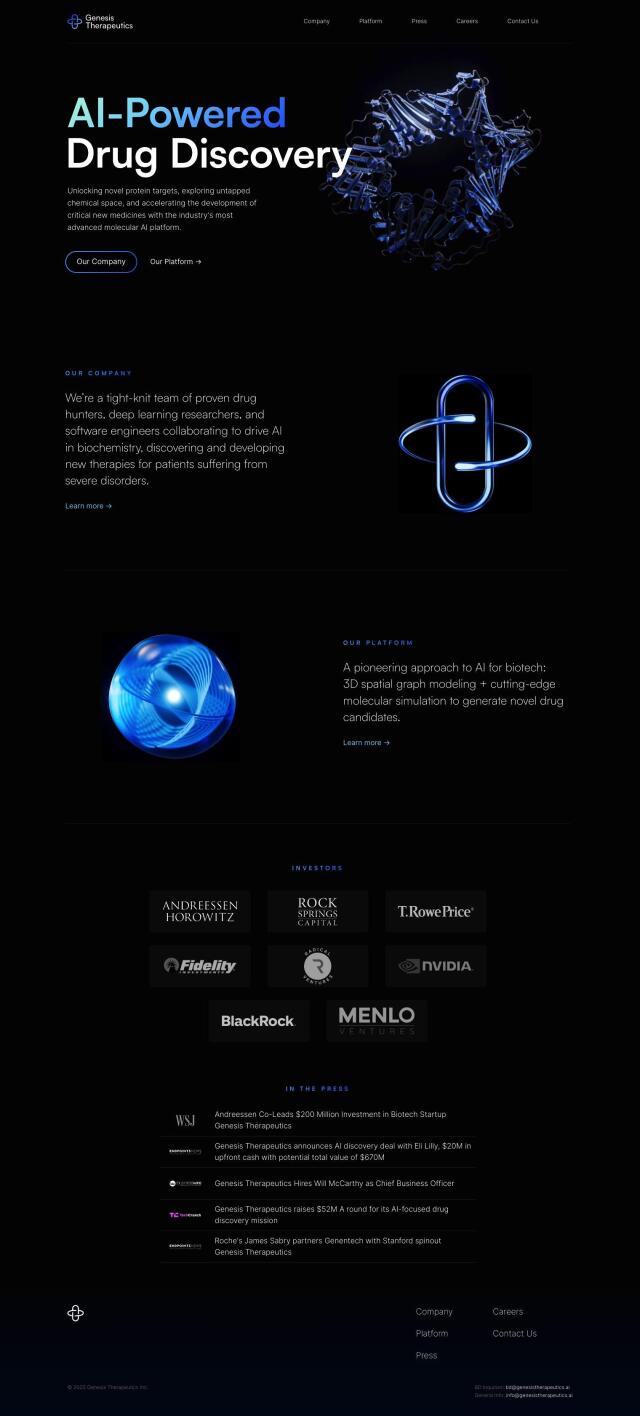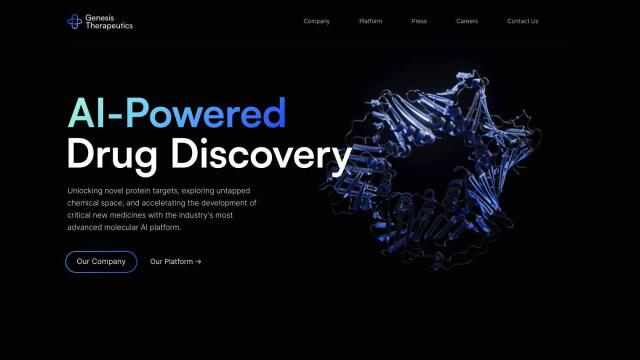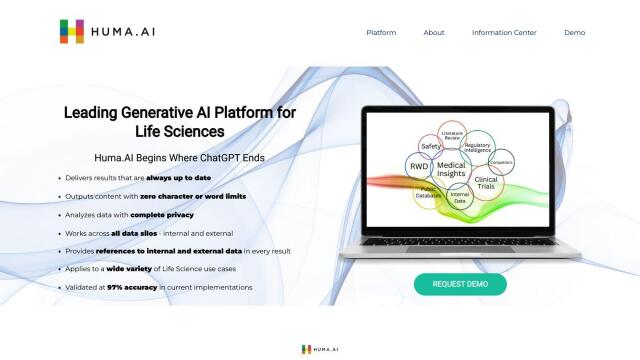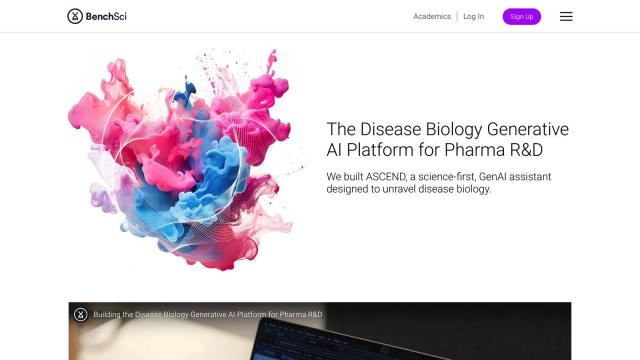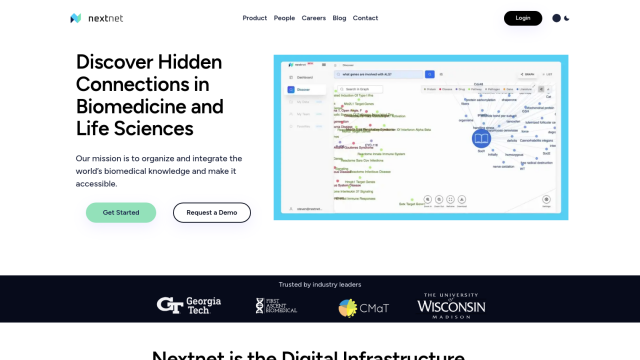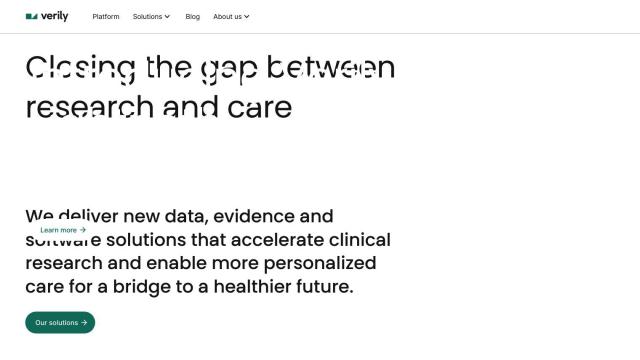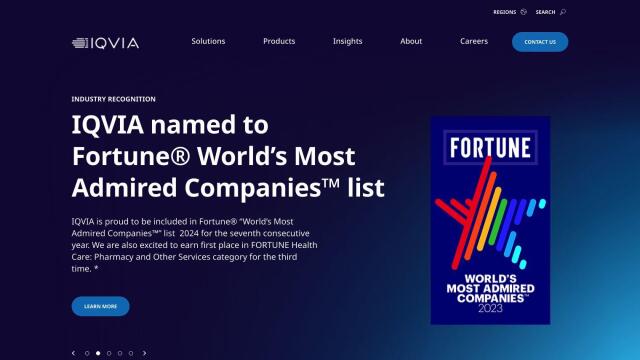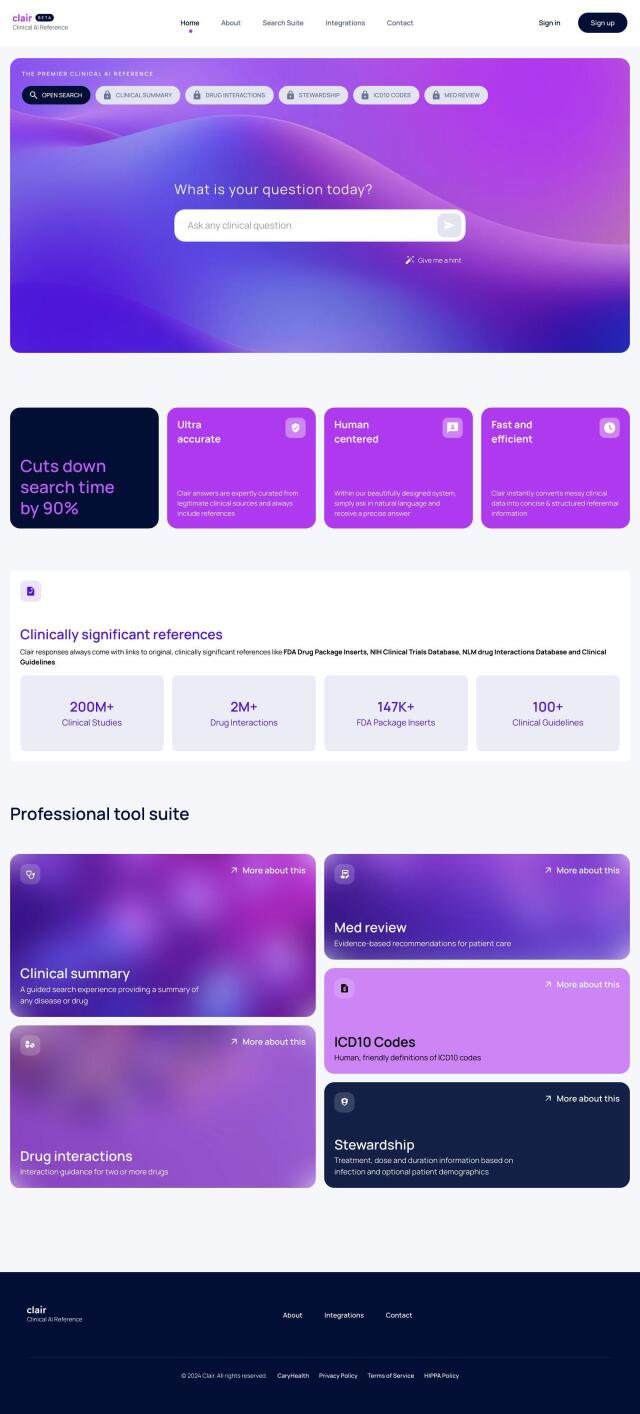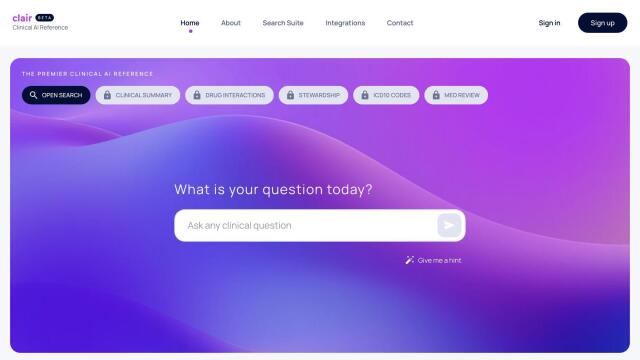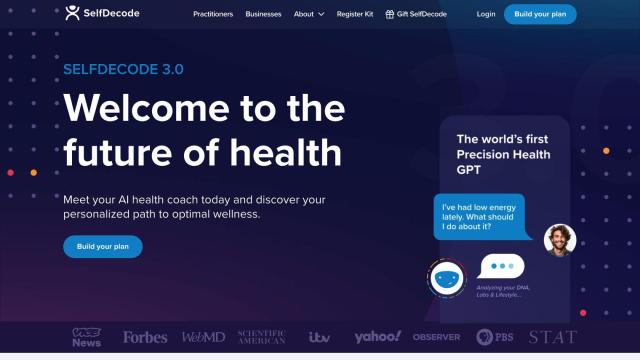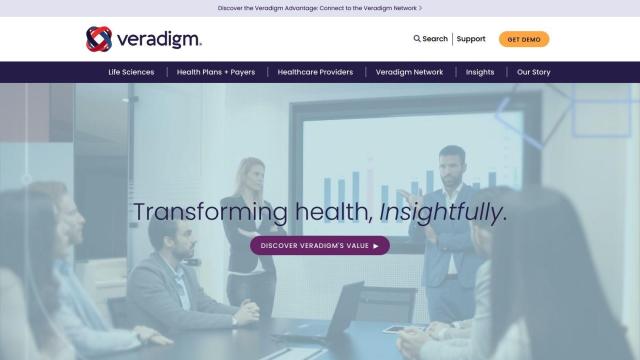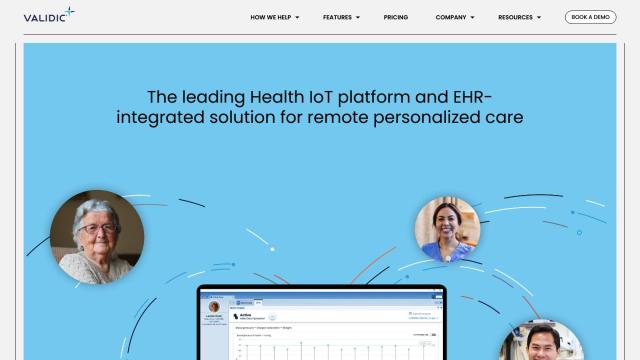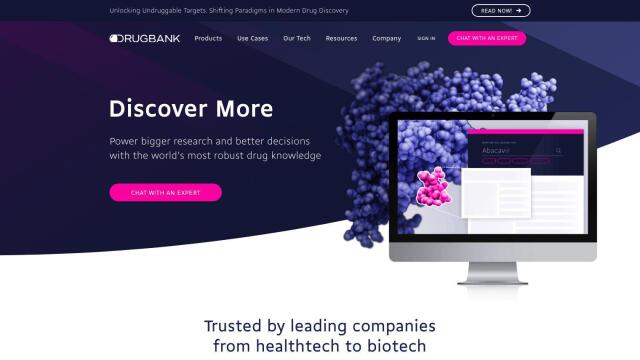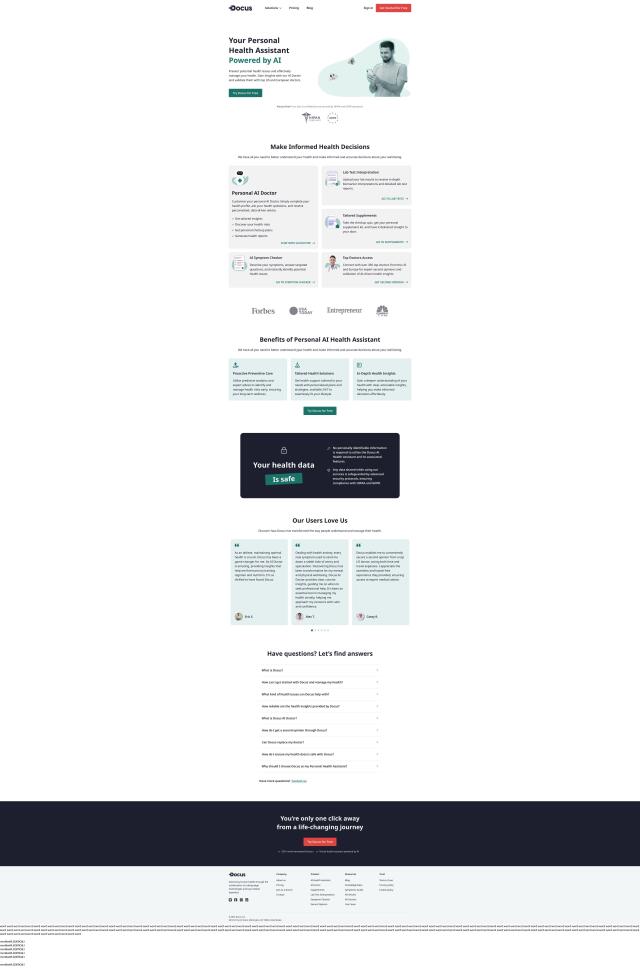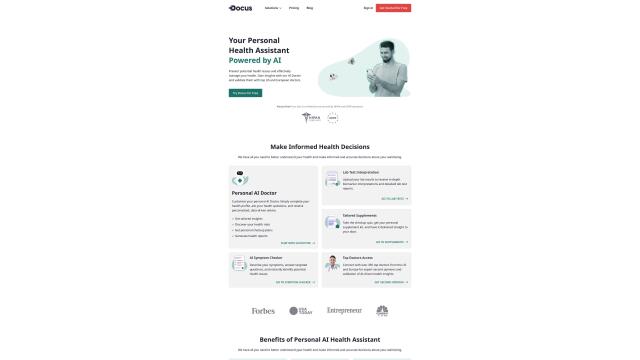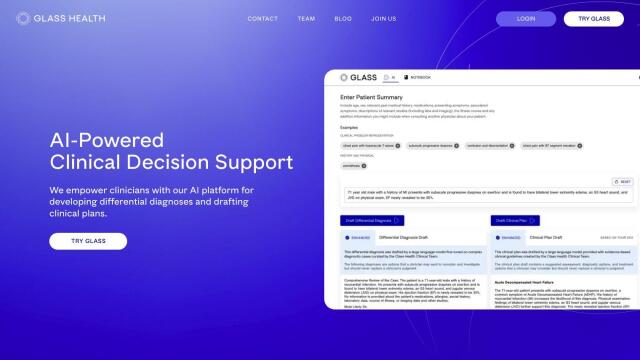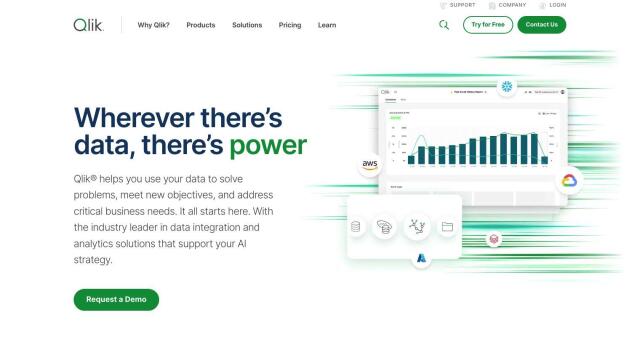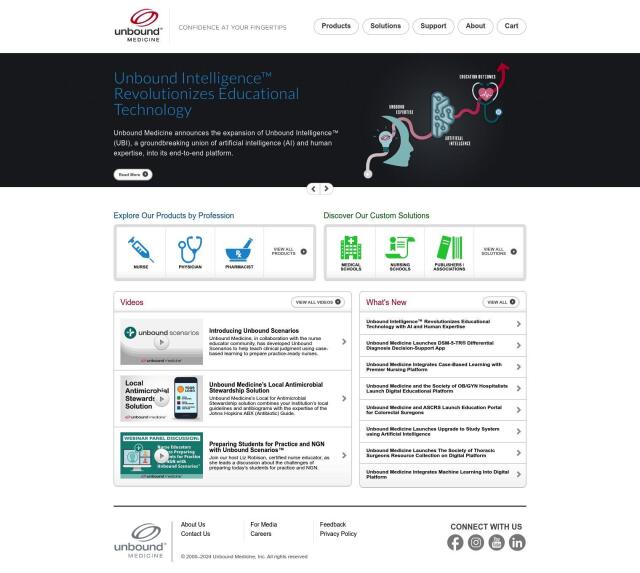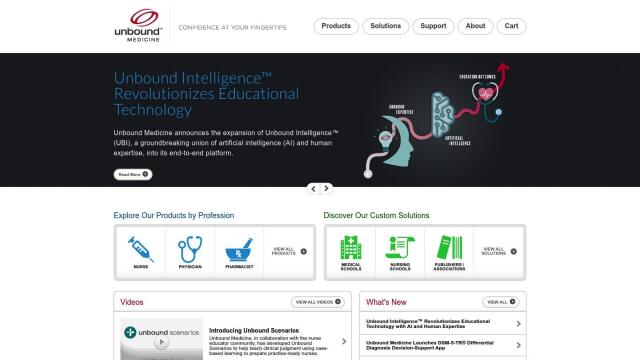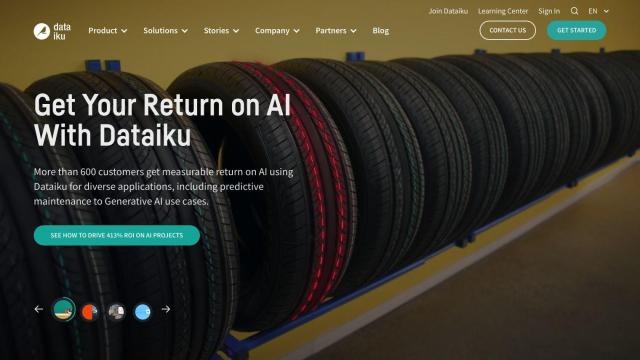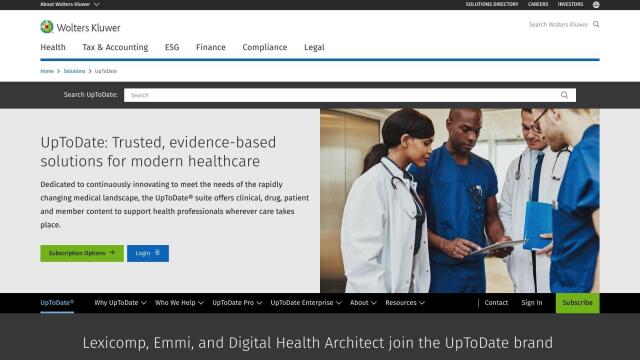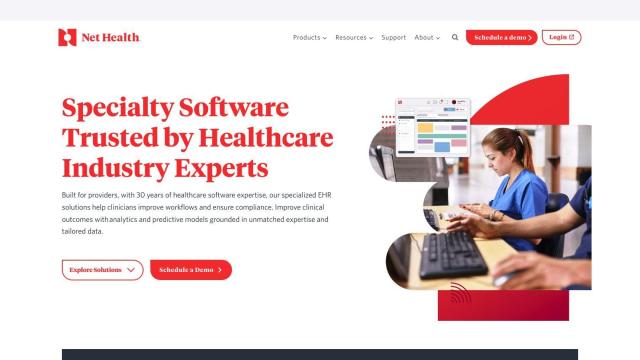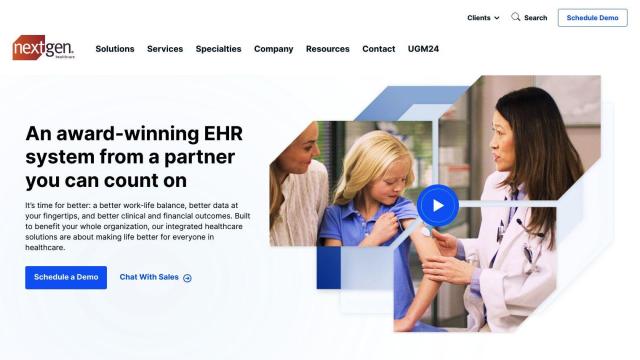
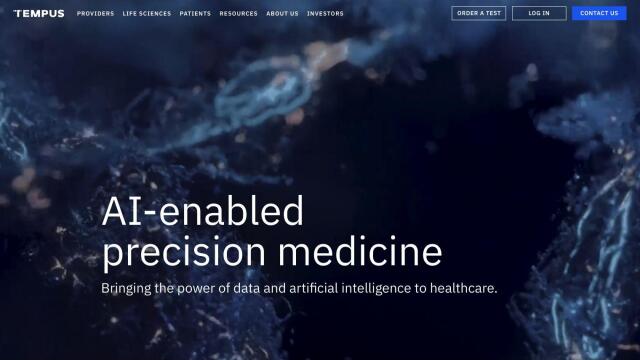
Tempus
If you're looking for a QIAGEN Digital Insights alternative, Tempus is definitely worth a look. It's an AI-powered precision medicine platform that offers insights for cancer treatment, helping doctors care for patients with tools like a clinical assistant (ONE), care gap identifier (NEXT), and a multimodal real-world data analysis tool (LENS). Tempus has partnerships with big hospitals and companies, helping doctors make decisions about treatment and helping pharmaceutical companies develop personalized medicine.
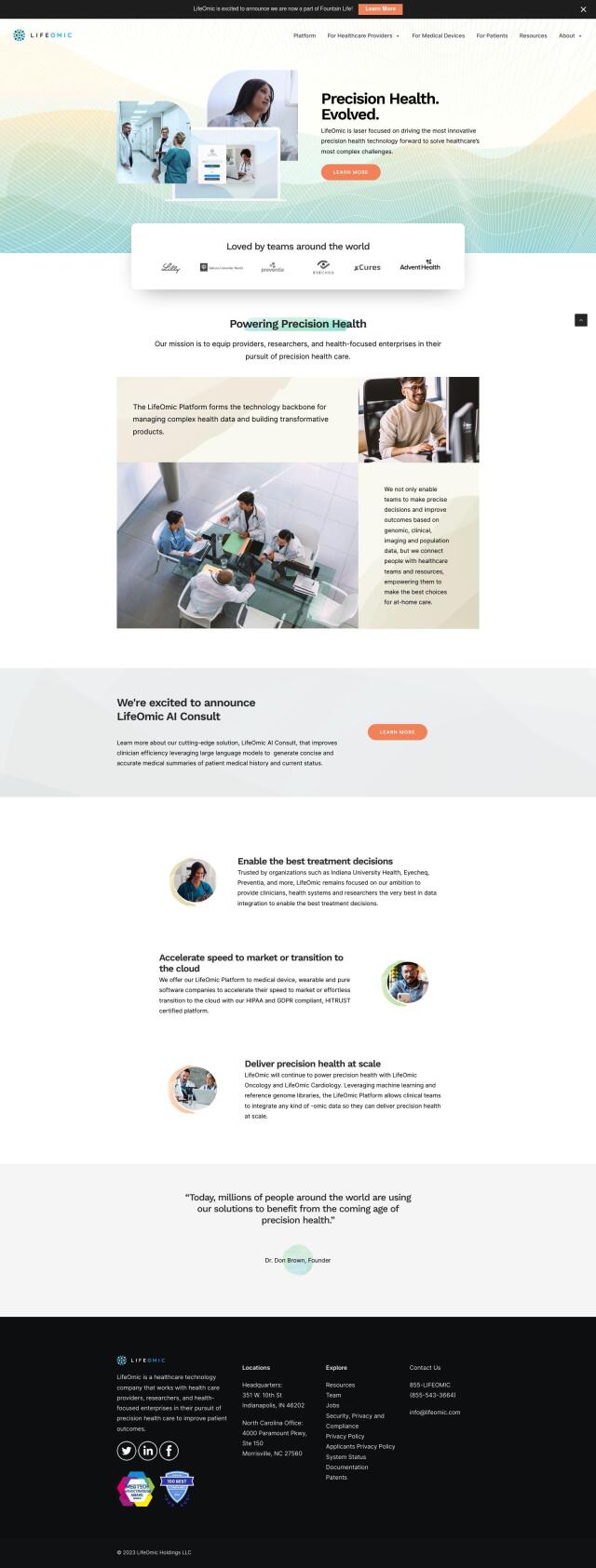
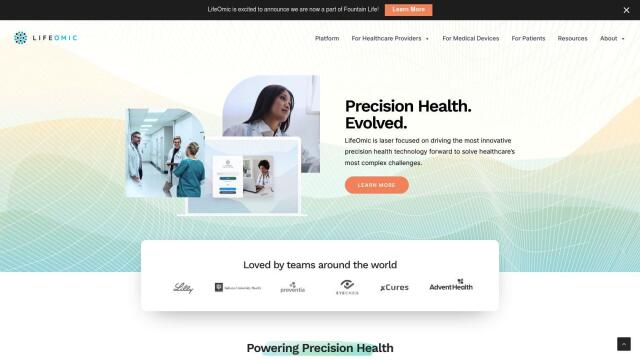
LifeOmic
Another good option is LifeOmic, which aggregates genomic, clinical, imaging and population health data to help doctors make decisions about patient care. LifeOmic includes AI-generated medical summaries, precision health tools for oncology and cardiology and a molecular tumor board to consolidate data from multiple sources. It's geared for both medical providers and researchers, with a robust suite of tools for precision health and clinical trials.

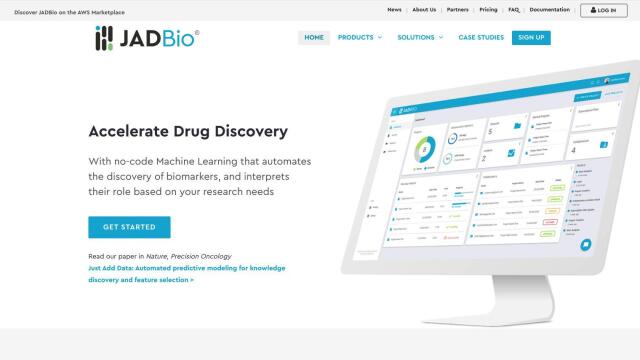
JADBio
If you're more interested in biomarker discovery and interpretation, JADBio offers a no-code machine learning platform. It can handle multi-omics data and includes AutoML, feature interpretation and model tuning. It's good for research into a variety of conditions, including cancer and metabolic disease. It's flexible and easy to use, with different pricing levels depending on your needs.
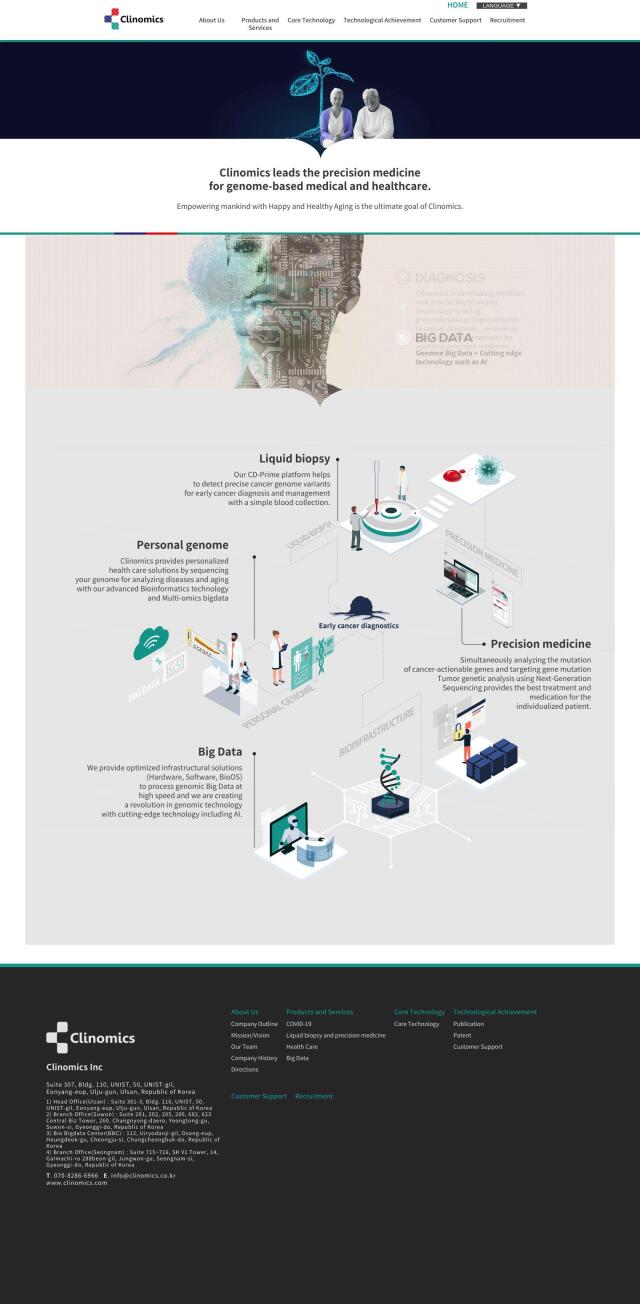
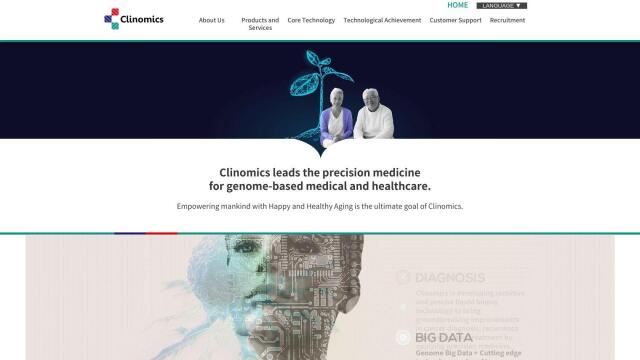
Clinomics
Last, Clinomics has a broad precision medicine platform, with a focus on genome-based technology. It includes a liquid biopsy system for early cancer detection, personal genome sequencing for disease management and precision medicine tools to guide personalized treatment. Clinomics' platform uses advanced bioinformatics and multi-omics data to provide the latest healthcare options.
